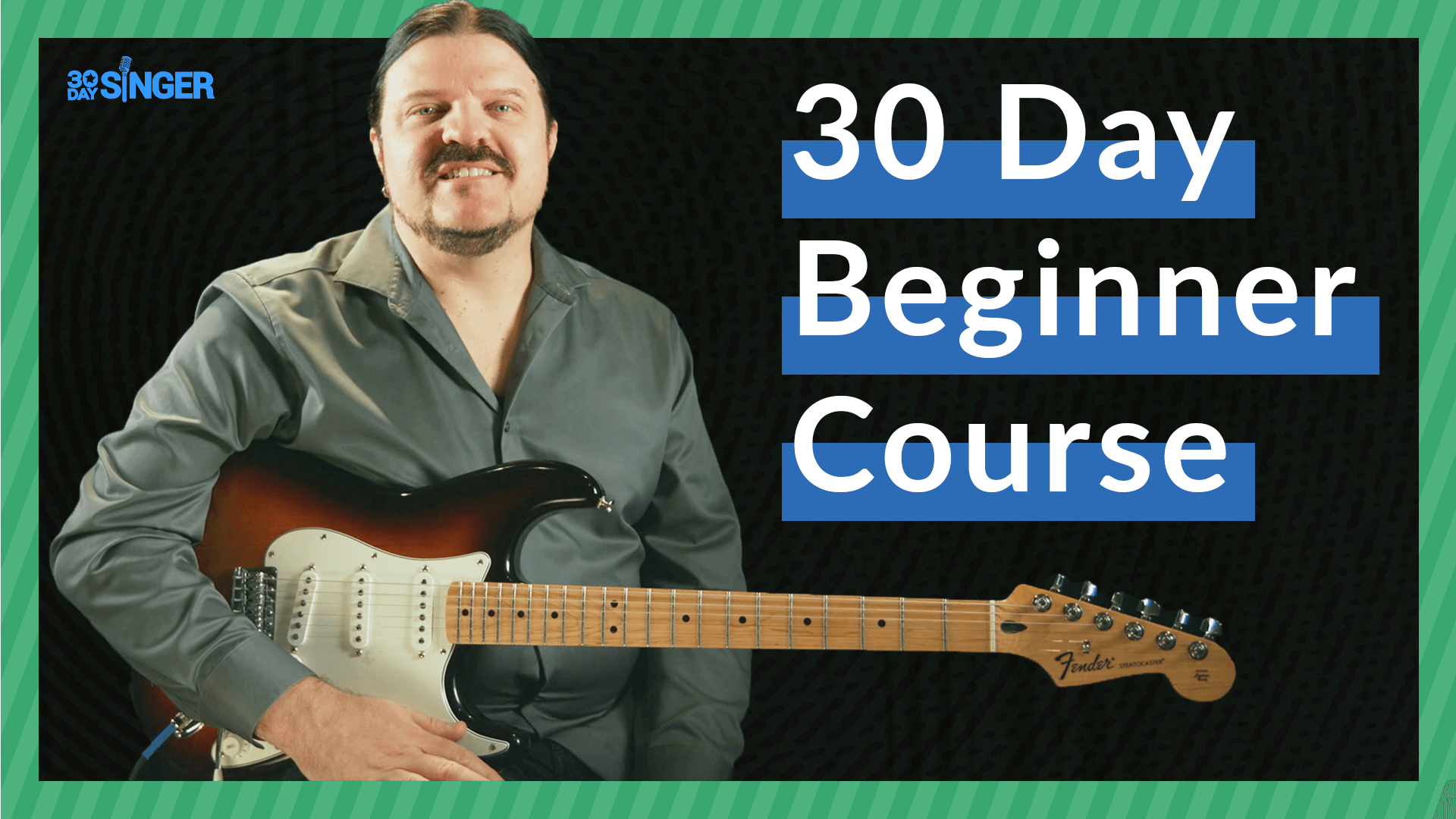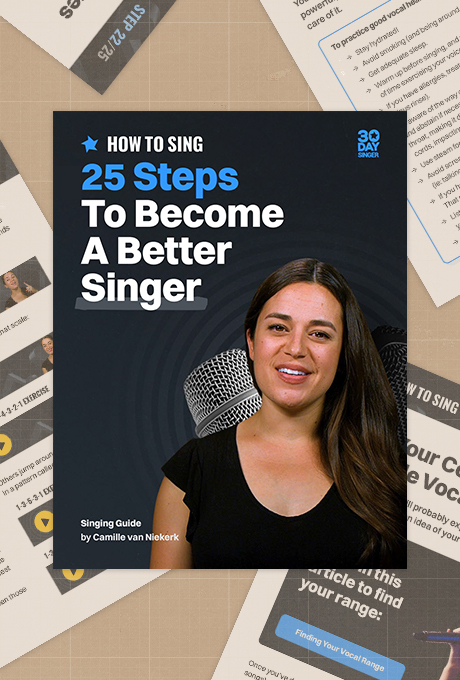Vocal Ranges and How to Choose Your Repertoire
August 14, 2019
Vocal ranges like baritone, tenor, alto, bass, soprano and mezzo-soprano are usually used to determine different types of voices within singing. There are a lot of vocal ranges out there, which means choosing a type of music or repertoire to sing can be a challenging and frustrating task for singers. Learn how to determine your vocal range and music repertoire by following these steps.
So, if you are trying to build your repertoire list, where do you even start?
You’ve already tried asking Siri “What are the top ten solos for singers?” but the number of unhelpful Google results only exacerbated your frustrations.
Since that didn’t work, you need a more defined plan for making your selections.
Check out the advice below to get started.
Choose music suited to your voice
Learning and classifying your voice is an involved process. Without diving into the specifics, a good rule to follow is that if it’s uncomfortable or causing any strain to sing, choose another piece to sing. This strain is likely because the piece is too advanced or is out of your vocal range. You will become better at determining which songs are appropriate for your voice as you improve your singing.
Listen, Listen, Listen
Regularly listening to music is one of the most effective ways to choose repertoire. When you hear a song you like, write it down on your “on-the-go repertoire list.” I have a notebook on my iPhone for this. Listening allows you to instantly assess certain qualities about a song and quickly determine if that song is appropriate for you. Once you are somewhere you can practice, sing through that song to confirm that it feels okay in your voice.
Use your resources
Over the years, many musicians have attempted to organize all the music that’s out there in order to assist singers in their repertoire selection process. Use their work to your advantage.
Check out some of the Hal Leonard vocal anthologies. The Singer’s Musical Theatre Anthology and The Singer’s Anthology of American Standards are two of my personal favorites. They come in all the different vocal ranges.
I would also try asking your contacts and friends in the music industry to help you find some things.
You can also check out our 30 Day beginner course that has helped a ton of singers hone their voice. Click below to begin!
Add variety
The easiest way to accomplish this is by adding both ballads and up-tempos to your repertoire list. This will show that you are vocally diverse and can effectively sing both styles.
I would also start researching the history of your genre. How has it stylistically changed over the years? A musical theatre song from 75 years ago will sound completely different than a contemporary musical theatre piece. You will want to incorporate these different historical styles into your repertoire selections. Not only will it show that you’ve studied your craft, but it will show that you can adapt to the different styles.
Don’t forget to learn the favorites
There are certain songs that you should know as a singer. For example, I have “Ave Maria” on my repertoire list because it is the world’s most popular wedding song. Knowing this one song has landed me a good number of gigs. Had I not known this song, I would have looked like a total amateur because, literally, every other classical singer on the planet knows this song.
A simple google search of genre + the word “standards” (e.g., jazz standards) should give you helpful results. The Hal Leonard anthologies I mentioned above are also largely comprised of these favorites.
Have Fun
When we start to get caught up in the business of singing, we sometimes forget to have fun while doing it. Asking yourself “Do I like singing this song?” might seem like a terrible way of choosing repertoire, but it has clout. When you are singing something you like, there is a subtle reflection of that fact in your voice and overall performance. Enjoying yourself and the repertoire you are singing might be the little extra something that makes you stand out as a singer.
Good luck and remember to enjoy the process even when it feels frustrating! Music brings joy, and this is another opportunity to immerse yourself in it.
Written by Amy Barker, a Chicago based musician and writer



